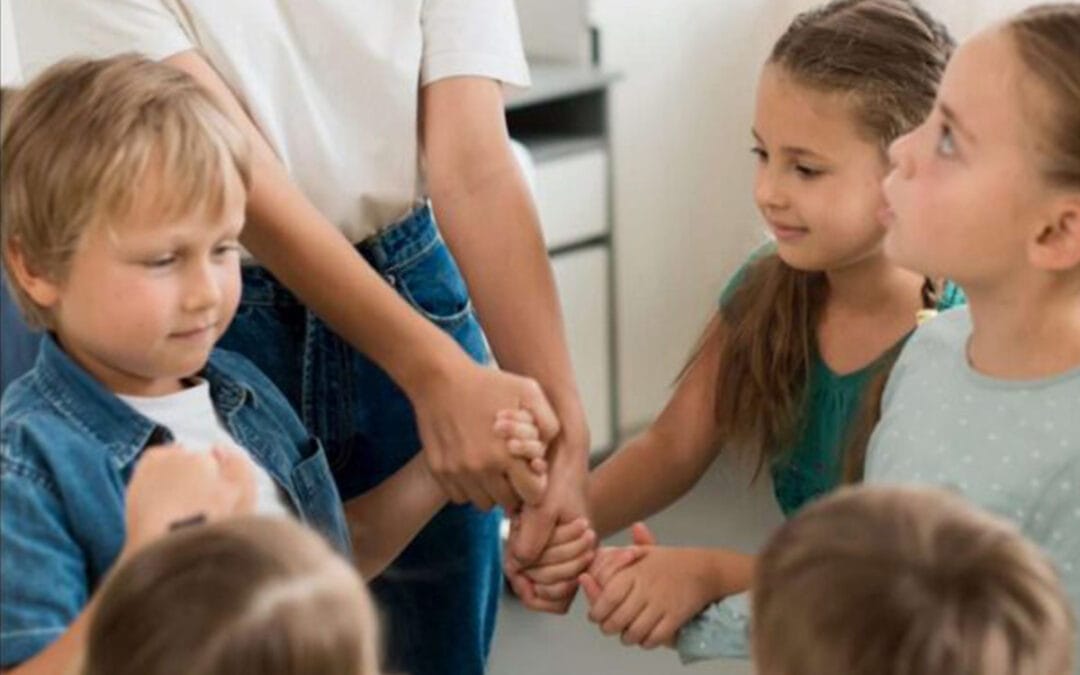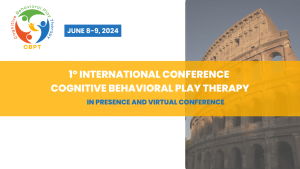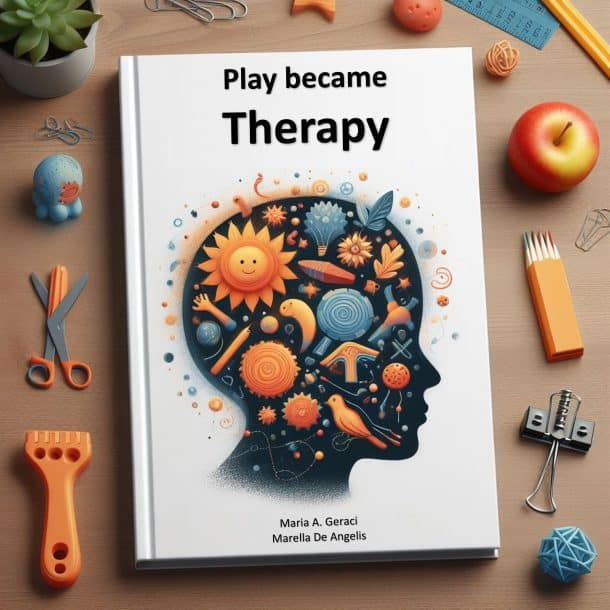This article presents the dissertation “Effects of a cognitive behavioral play intervention on children’s hope and school adaptation” by Beth L. Pearson (August, 2008), which is proposed as the first study and empirical support of the effectiveness of Cognitive Behavioral Play Intervention (CBPI) strategies on children’s hope and school adaptation ( Link dissertation )
The importance of Play in Child Development
Play is considered so important that it has been declared by the United Nations to be “a universal and inalienable right of childhood (Landreth, 2002, p. 10).”
Play is considered so vital to children development, it helps children to expand their vocabulary, to develop object constancy, to form event schemas and scripts, to learn strategies for problem solving, to develop divergent thinking ability and flexibility in their thinking (Singer and Singer, 1990). Additionally, play has four functions: biological (release of energy); intrapersonal (gaining mastery over circumstances); interpersonal (to develop social skills); and sociocultural (can imitate adult roles) (Schaefer and O’Connor, 1983). Play allows children to control a part of the world and to gain mastery over experiences which makes play such a critical aspect of healthy development.
Integration of the Literature
The Cognitive Behavioral Play Intervention was developed based on Knell’s (1993; 1998) Cognitive Behavioral Play Therapy and Snyder, et. al.’s (1997) conceptualization of hope in children. Children were taught (indirectly) that when they are confronted with a problem they can use their thoughts in a conscious manner to help them mediate the event. They were taught to use hopeful thinking statements that enhance their sense of agency and a problem-solving method to generate pathways to reach their goal. Spivack and Shure’s (1974) Interpersonal Cognitive Problem-Solving program, D’Zurilla and Goldfried’s (1971) problem-solving training, and Dubow et al.’s (1993) I CAN DO (1993) program were the theoretical guides for the problem-solving component of the intervention.
Objective
The main objective of the study was to determine whether a Cognitive Behavioral Play Intervention (CBPI) would be effective at enhancing hope and increasing adjustment to school in preschool aged children.
Sample
48 children were randomly assigned to three conditions:
- a Cognitive Behavioral Play Intervention
- a free play control condition
- a puzzles/coloring control condition
Hypotheses
It was hypothesized that the CBP Intervention group would have significantly higher hope and greater school adjustment than the control groups.
– Construct related to hope
The CBP Intervention group will have significantly higher total hope scores, higher problem-solving scores, and higher total perceived competence score as compared to the free play control condition and the puzzles/coloring control condition.
– Construct related to adjustmentThe CBP Intervention group will have significantly higher total social competence scores, lower total anxiety-withdrawal scores, and higher school liking score as compared to the free play control condition and the puzzles/coloring control condition.
Results
A multi-method/multi-informant approach was used to assess children’s hope, perceived competence, problem solving ability, school liking, social competence, anxiety-withdrawal, and play processes at baseline and outcome.
The major results of the study were that the CBP Intervention group, as compared to the puzzles/coloring control group, had significantly higher hope, higher social competence, less anxiety-withdrawal symptom and more positive feelings towards the school, according to teacher report. Also, according to teacher report, there was a trend which indicated that both the CBP Intervention group and the free play control group had more positive feelings about school than the puzzles/coloring control group.
Conclusion
This was the first intervention to increase preschool children’s hope and the first study to provide empirical support for cognitive behavioral play strategies.



